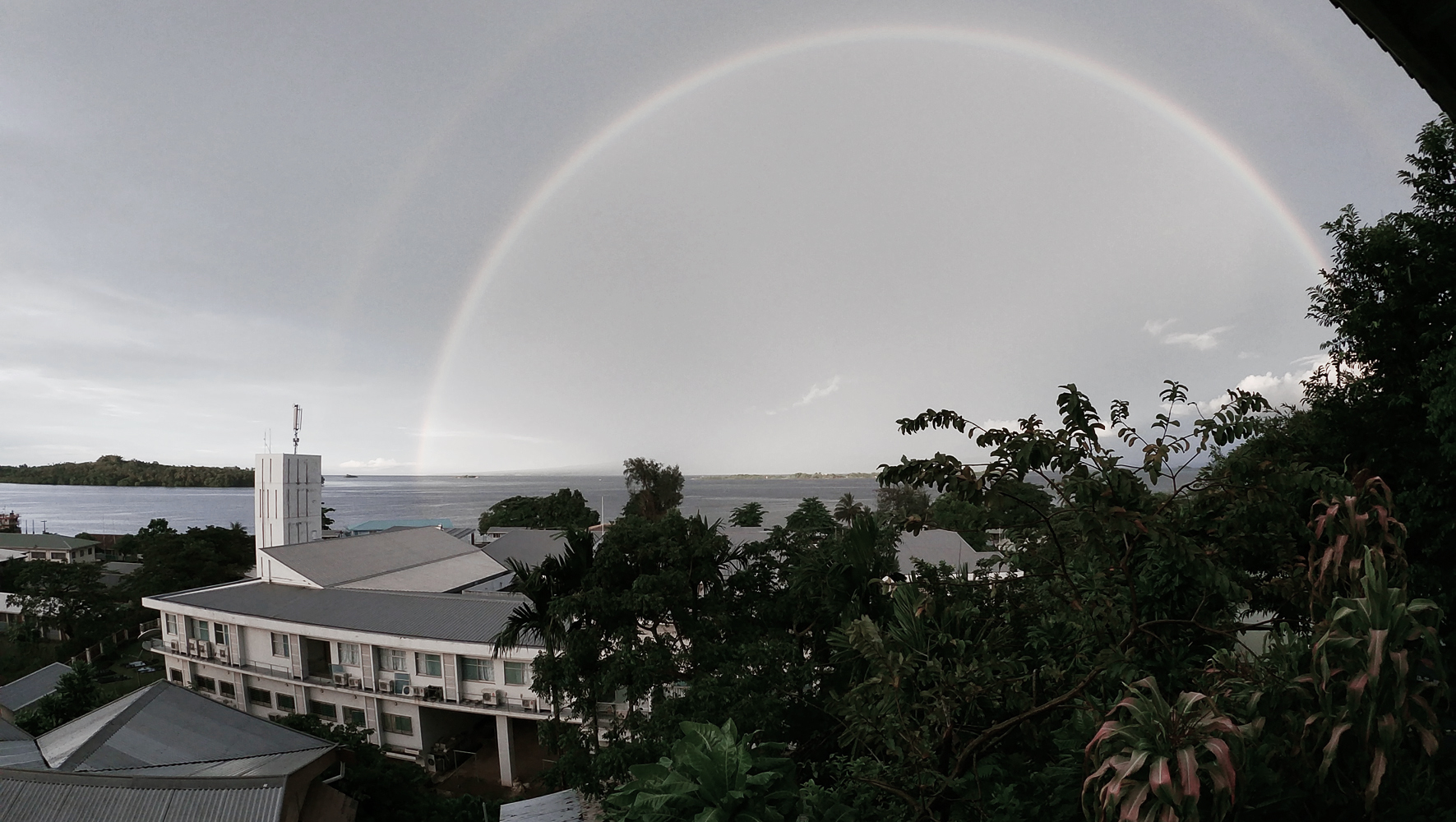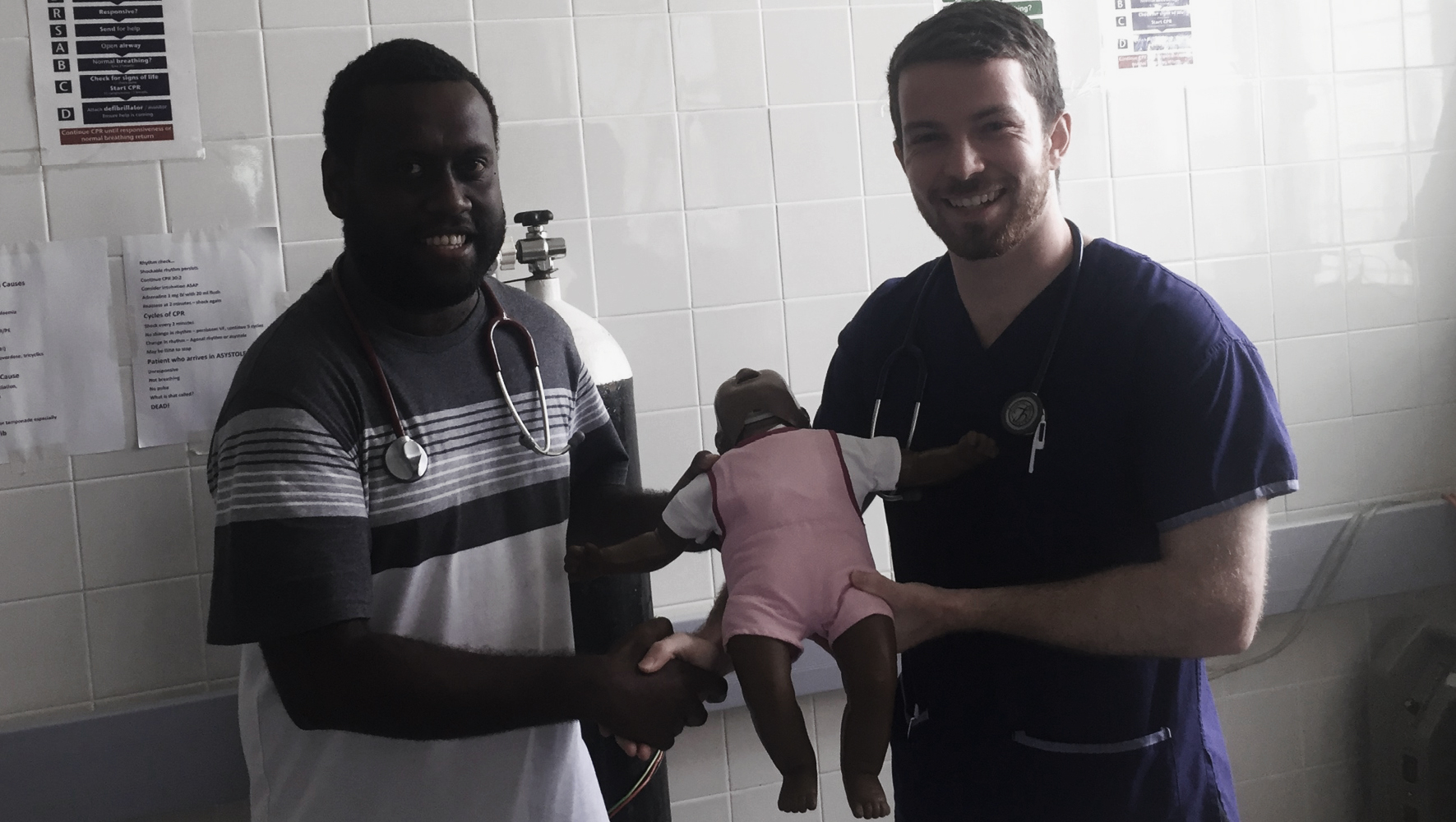Student Banking Package
A banking package to help you through your final two years of study
This banking package includes an everyday bank account with an optional overdraft facility and a Platinum credit card packed with rewards and benefits.
Learn More Jameson Trainor was one of the five recipients to receive our FutureFocus grant for 2019, and at the time was a second year medical student from the University of Melbourne. Jameson received $2 500 to put towards his overseas voluntary placement in Ghizo, Solomon Islands. His placement involved working in Gizo Hospital specifically in the Accident and Emergency deparment.
Jameson Trainor was one of the five recipients to receive our FutureFocus grant for 2019, and at the time was a second year medical student from the University of Melbourne. Jameson received $2 500 to put towards his overseas voluntary placement in Ghizo, Solomon Islands. His placement involved working in Gizo Hospital specifically in the Accident and Emergency deparment.
 I am glad that I was able to bring over some donations to give to the hospital. I would like to thank Laerdal Australia who kindly donated two CPR manikins, BOQ Specialist for their help in providing $500 for accessories to ensure the longevity of the manikins and MUHI Material Aid Program for their help in collecting various donations for the hospital. The staff were very appreciative of the donations and in particular were very excited to be able to practice scenarios with the manikins and improve their resuscitation skills.
I am glad that I was able to bring over some donations to give to the hospital. I would like to thank Laerdal Australia who kindly donated two CPR manikins, BOQ Specialist for their help in providing $500 for accessories to ensure the longevity of the manikins and MUHI Material Aid Program for their help in collecting various donations for the hospital. The staff were very appreciative of the donations and in particular were very excited to be able to practice scenarios with the manikins and improve their resuscitation skills.

 During my time away from the hospital I got the opportunity to explore some of the beautiful scenery the local Gizo area had to offer. Some highlights include going for a surf with Mizo (a Japanese nurse volunteering at the hospital) and some of the local surfers, snorkelling and seeing hundreds of different fish, exploring uninhabited islands and swimming with sharks (no cages involved!)
During my time away from the hospital I got the opportunity to explore some of the beautiful scenery the local Gizo area had to offer. Some highlights include going for a surf with Mizo (a Japanese nurse volunteering at the hospital) and some of the local surfers, snorkelling and seeing hundreds of different fish, exploring uninhabited islands and swimming with sharks (no cages involved!)
